14 Cancer Symptoms In Dogs That Are Easy To Miss

Dogs are often considered our best friends, and like any good friendship, it’s important to pay attention to the little things that matter. Did you know that dogs can be masters at hiding their discomfort?
It’s true! They often mask symptoms of illness, making it crucial to recognize even the subtlest signs. Here’s a light-hearted yet informative guide to spotting unexpected symptoms of cancer in dogs.
1. Unusual Lumps Or Bumps

Ever notice a strange bump on your dog? It might not always be a cause for immediate panic, but it could be something more. Dogs often get lumps that are harmless, but some can be malignant. Keep an eye on any new growths.
Have a vet check them out, especially if they change size or color. A lump could be as simple as a benign cyst or something needing urgent care.
2. Sudden Weight Loss
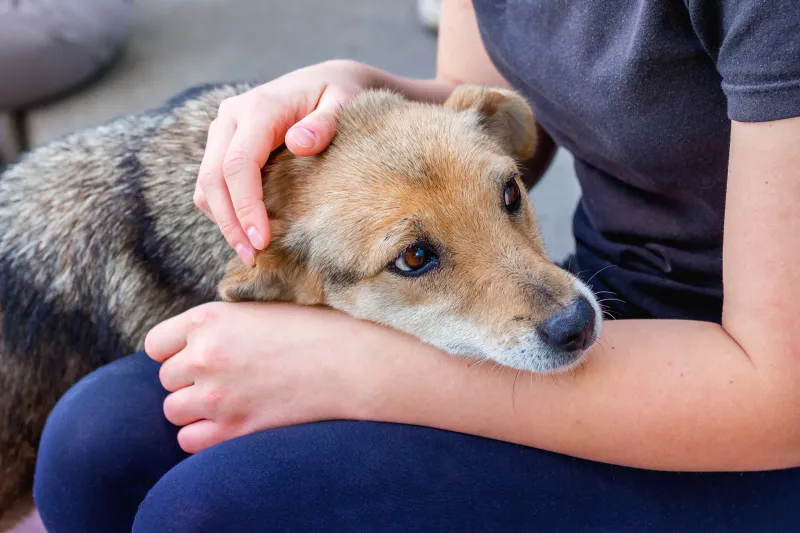
Weight loss in dogs can be worrisome, especially if it happens rapidly without dietary changes. Cancer can cause this.
While other conditions also lead to weight loss, a sudden drop should never be ignored. It’s like your pup’s trying to give you a big hint. Consult your vet for guidance and possible tests to determine the cause.
3. Lethargy And Fatigue

Ever seen your pup too tired to chase its tail or fetch a ball? Persistent lethargy might be more than just a lazy day. Dogs can become fatigued due to various reasons, cancer being one.
If your once energetic pup seems unusually sleepy, it might be time for a vet visit. Don’t just chalk it up to aging or weather.
4. Persistent Coughing
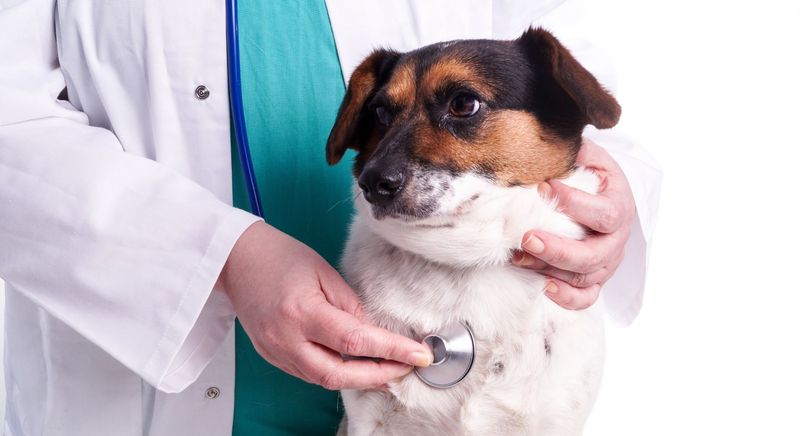
Coughing in dogs isn’t always just a tickle in the throat. Persistent coughing might indicate something serious like lung cancer. If the cough is chronic and doesn’t resolve with usual remedies, pay attention.
It’s like the dog trying to say something’s off. A vet can provide clarity and possible remedies or further investigations.
5. Difficulty In Eating Or Swallowing
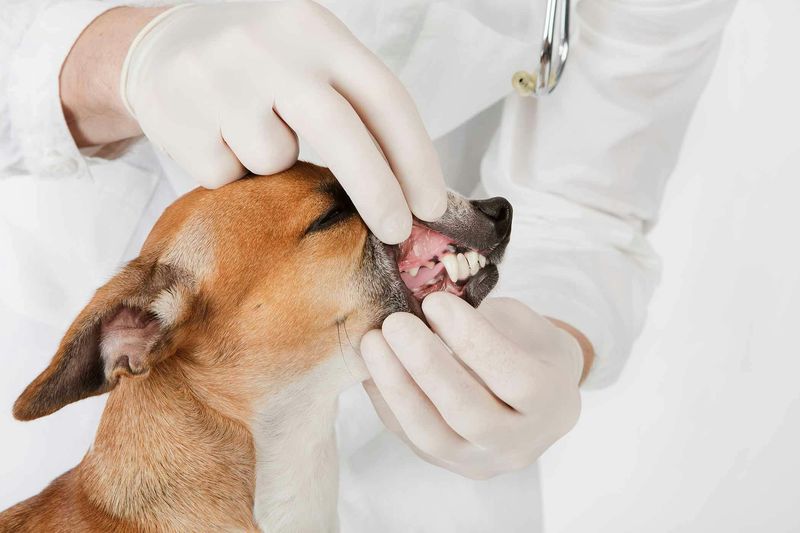
Eating struggles in dogs can signal more than just a picky eater. If your dog seems to have trouble swallowing or chewing, it’s worth investigating. Cancer could be causing discomfort or pain.
Addressing this promptly can make a big difference. Consult your vet to rule out any underlying issues, ensuring your furry friend eats comfortably again.
6. Bad Breath (Halitosis)
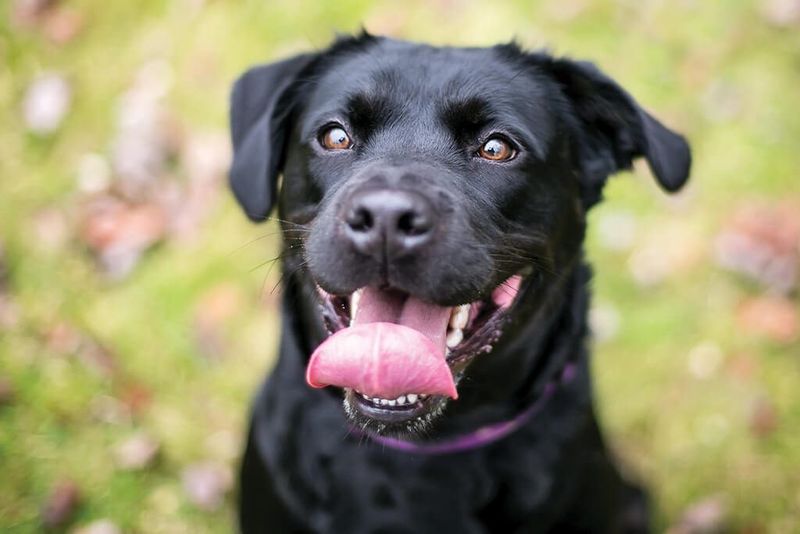
Halitosis, or bad breath, in dogs might be more than a dental issue. It could indicate oral cancer, especially if accompanied by drooling or bleeding.
While bad breath is common, when it’s severe or persistent, it’s worth a vet’s look. Keeping an eye (and nose) out for changes can help catch something serious early.
7. Changes In Bathroom Habits

Notice any unusual bathroom habits in your dog? Changes can be more than just a new diet or stress. They might indicate bladder or bowel cancer.
Whether it’s increased frequency or accidents, it’s essential to monitor. A vet can help determine if it’s something more serious than just a minor upset.
8. Swollen Limbs
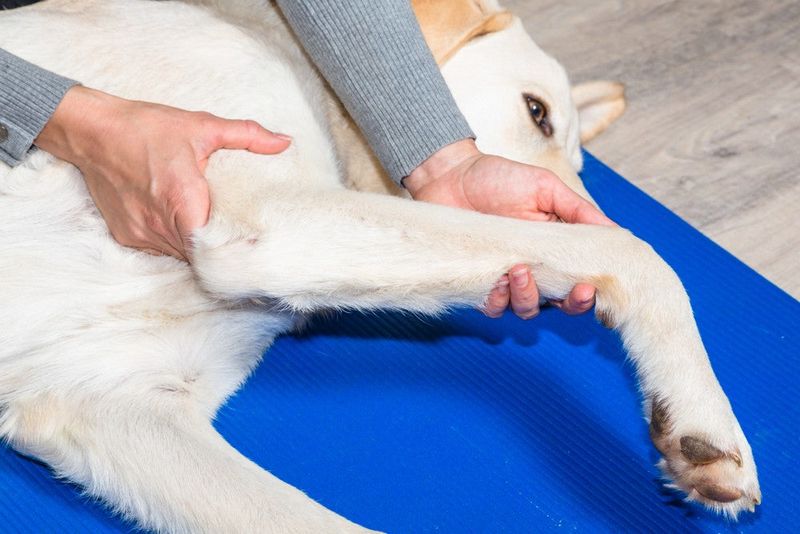
Swelling in limbs isn’t just from a playful tumble. If your dog’s paws or legs seem puffy, it might be lymphedema related to cancer.
Pay attention to any persistent swelling. While it could be injury-related, it’s best not to assume without a vet’s input. Early intervention could prove crucial.
9. Bleeding Or Discharge

Unexplained bleeding or discharge is a sign worth noting. While minor injuries can cause this, it might also suggest tumors or internal issues.
Keep an eye on any unusual bleeding from the nose, ears, or gums, and consult a vet. Catching such symptoms early can be vital for treatment outcomes.
10. Sores That Don’t Heal

Sores that refuse to heal could be more than just a minor skin issue. They might indicate skin cancer or other underlying health problems.
Monitor any sores or wounds that seem persistent. It’s crucial to have these evaluated by a vet to rule out serious conditions and ensure your dog’s comfort.
11. Sudden Behavioral Changes

Did your pup turn from a social butterfly to a loner? Sudden behavioral changes in dogs can sometimes reflect health issues like cancer.
If your dog’s personality shifts without clear cause, it’s worth a vet visit. Identifying and addressing these changes can aid in an early diagnosis of serious conditions.
12. Breathing Difficulties

Breathing should be a breeze for dogs, but if it’s not, it could signal serious conditions, including cancer. Difficulty in breathing should never be ignored.
Whether it’s labored breathing or panting without cause, seek veterinary advice. Early detection of underlying issues is key for effective treatment.
13. Nosebleeds
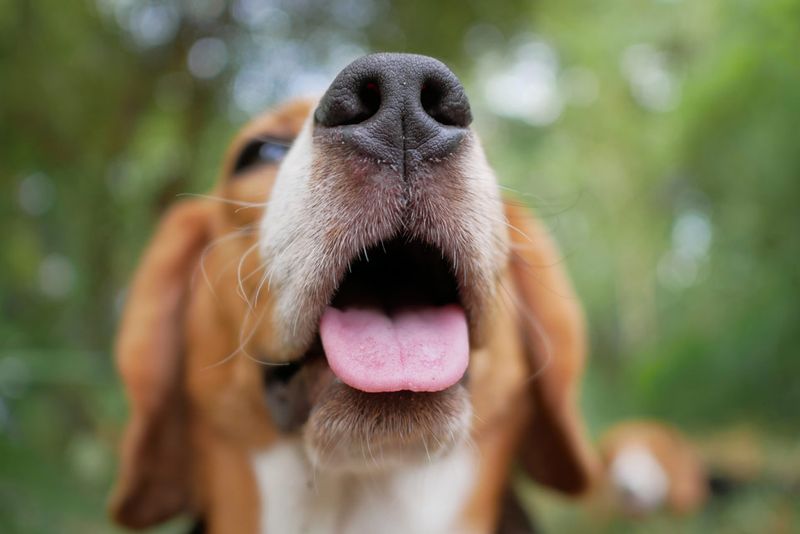
Nosebleeds in dogs aren’t common and could indicate nasal tumors or other serious conditions. If your pup experiences nosebleeds frequently, it’s time to consult a vet.
Identifying the root cause early can be life-saving. Don’t dismiss these signs as mere oddities; they might be louder than they appear.
14. Loss Of Appetite
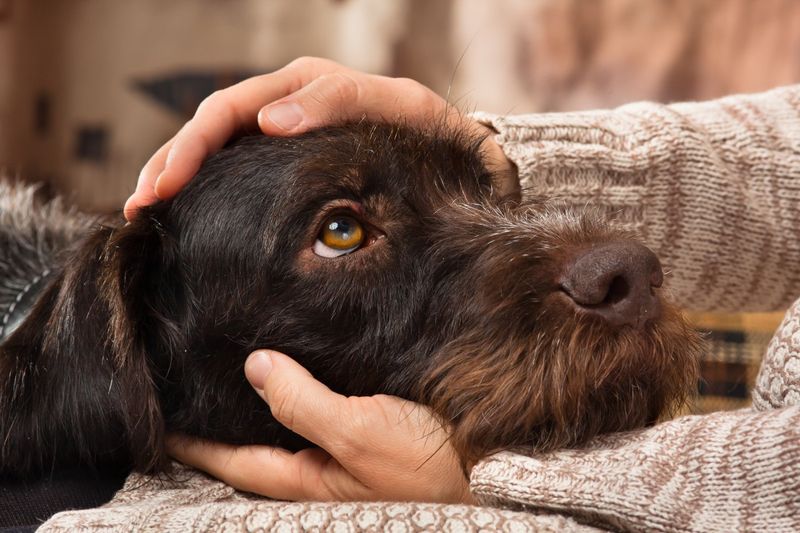
A sudden loss of appetite in dogs should ring alarm bells. While it could be temporary, persistent disinterest in food may suggest cancer.
It’s vital to monitor any changes in eating habits. A vet can help determine if there’s a serious underlying issue, ensuring your furry friend gets the right care.






